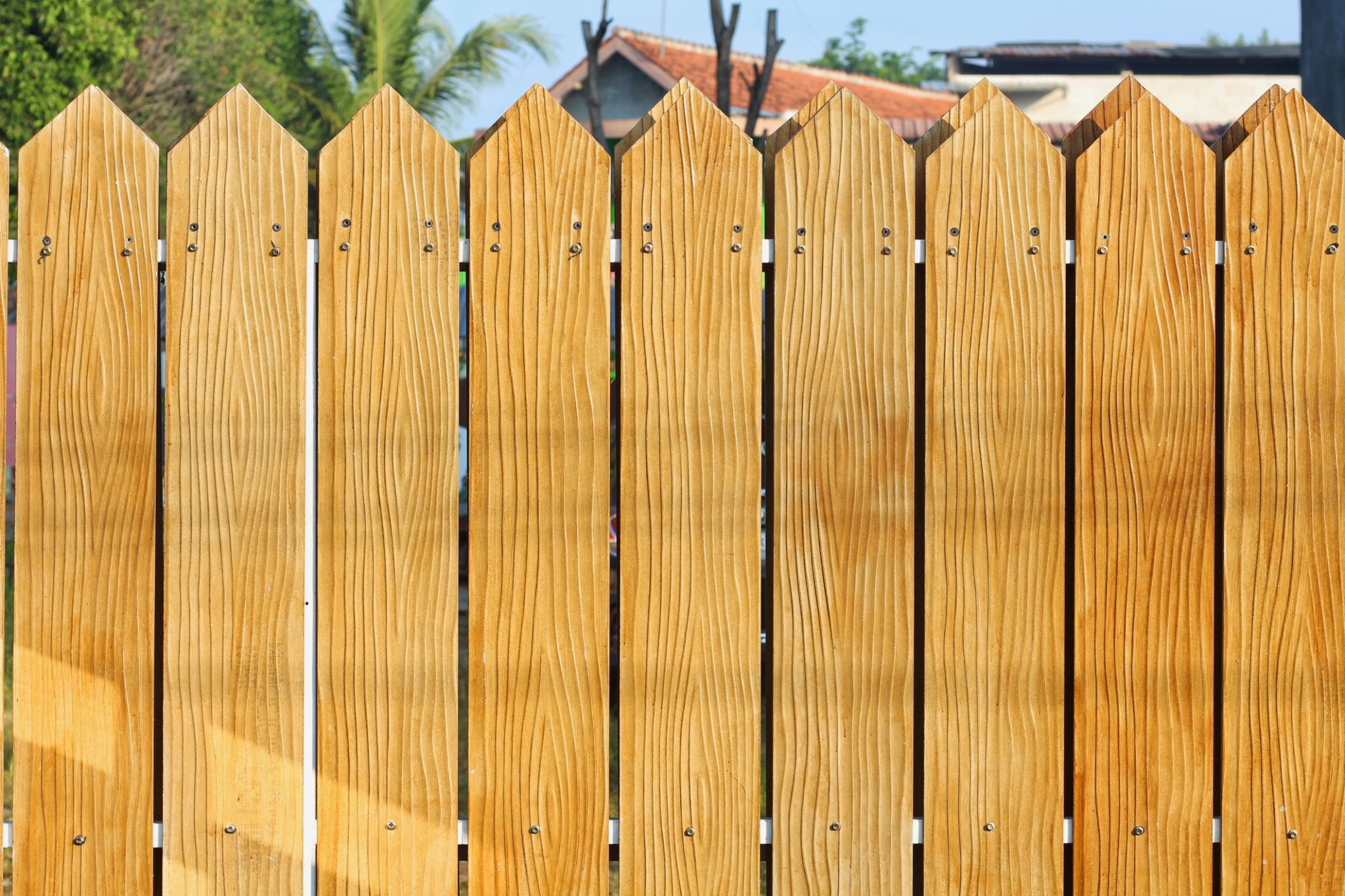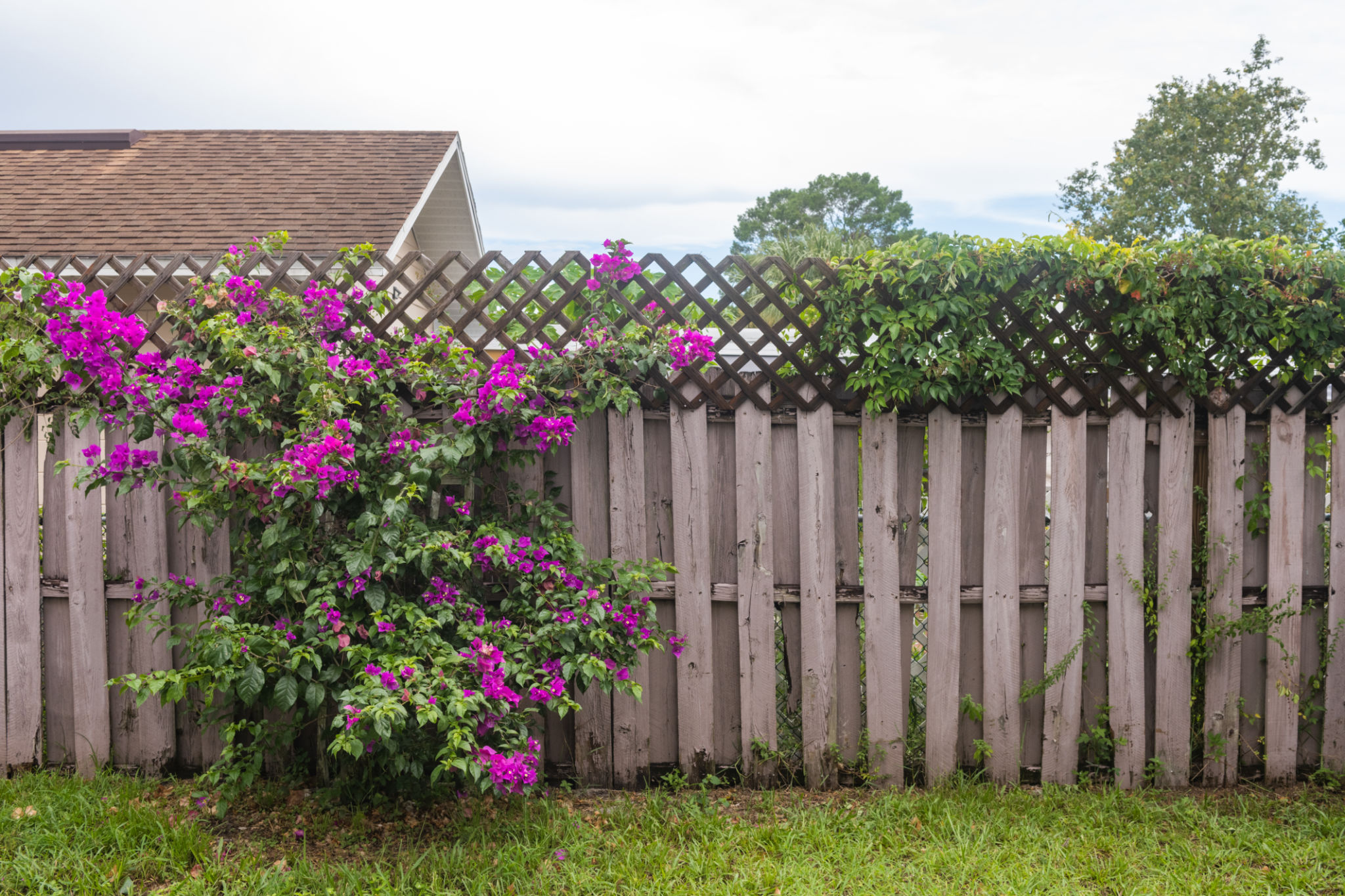Understanding Local Fencing Regulations in Anderson, SC
Introduction to Local Fencing Regulations
Building a fence in Anderson, SC, involves more than just picking a style and material. Understanding local fencing regulations is crucial to ensure compliance and avoid potential fines or the need for costly modifications. These regulations are designed to promote harmony between neighbors and maintain the aesthetic appeal of the community.

Understanding Zoning Laws
Zoning laws in Anderson dictate where and how you can build a fence. These laws vary depending on whether your property is residential, commercial, or industrial. It's important to consult the local zoning office to understand specific requirements for your area. This ensures that your fencing project won't face legal hurdles down the road.
Generally, residential zones have stricter regulations compared to commercial ones. For instance, there may be limitations on the height of the fence, especially in front yards, to ensure visibility for drivers and pedestrians.
Height and Material Restrictions
In Anderson, the height of your fence is often regulated to maintain a uniform look across neighborhoods. Typically, backyard fences can be taller than those in front yards. Front yard fences are often limited to a height of four feet, while backyard fences can reach up to six feet.

Regarding materials, the city may have restrictions to preserve the aesthetic integrity of the area. Common materials like wood, vinyl, and metal are usually permissible, but it's wise to double-check with local authorities, especially if you're considering something unconventional.
Obtaining Necessary Permits
Before starting any construction, you may need to obtain a permit from the city. This permit process ensures that your fence complies with all local regulations and zoning laws. The application typically requires details about the fence's location, height, and materials.
Failing to secure the necessary permits can lead to fines or even removal of the fence. Therefore, it's always best to handle this step early in your planning process.

Boundary and Neighbor Considerations
It's important to know your property lines before erecting a fence. Installing a fence even slightly over a neighbor's boundary can lead to disputes and potential legal issues. A surveyor can help confirm exact property lines if there is any doubt.
Communicating with neighbors before construction begins is also a good idea. While not legally required, it fosters goodwill and can prevent future conflicts. Some neighborhoods may have additional covenants or agreements regarding fencing, so it’s beneficial to review those as well.
Conclusion
Understanding local fencing regulations in Anderson, SC, is vital for a smooth and compliant construction process. By familiarizing yourself with zoning laws, height restrictions, material guidelines, and the permit process, you can ensure your new fence enhances your property while adhering to community standards. Always consult with local authorities and consider professional advice if uncertainties arise.